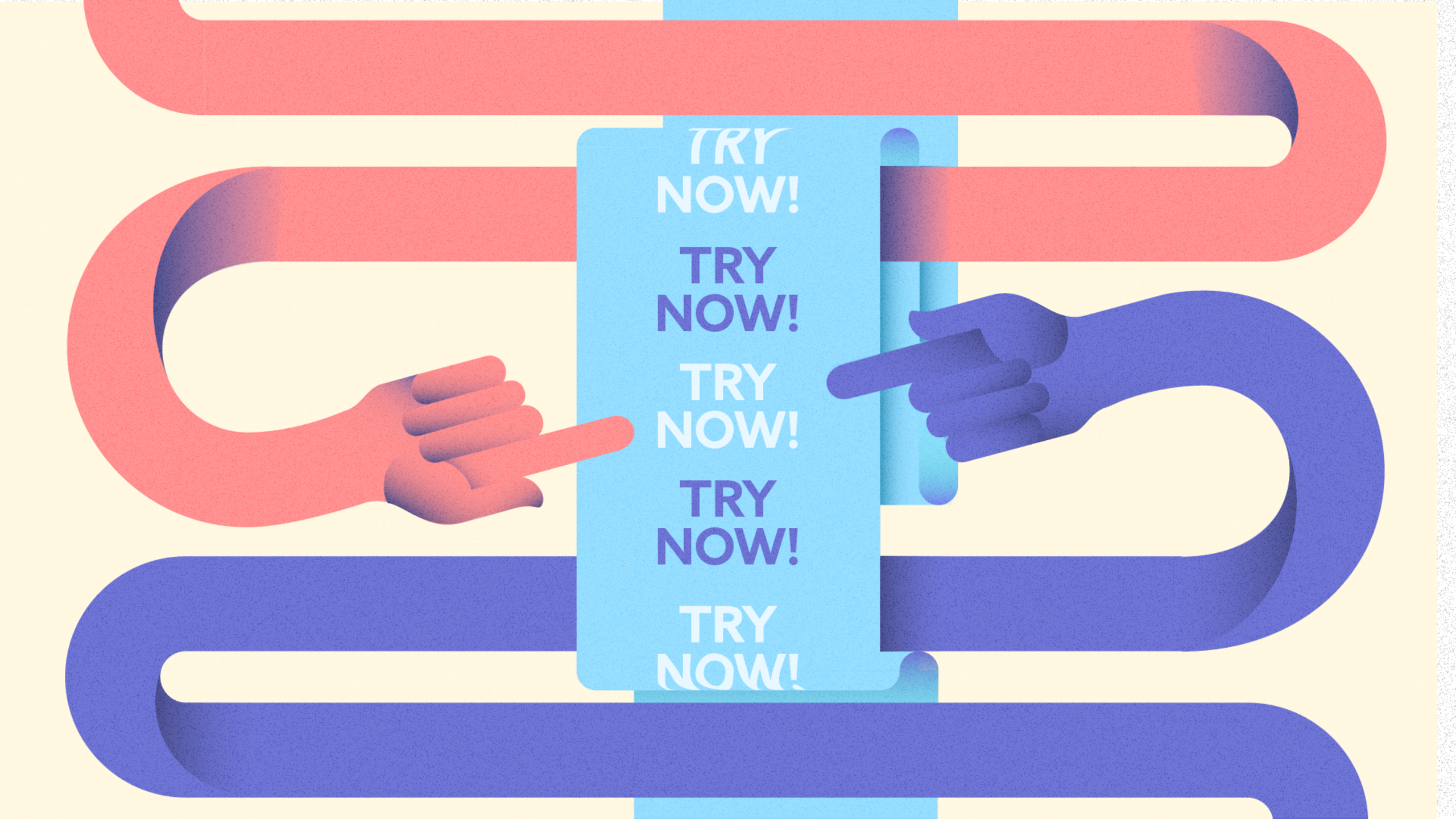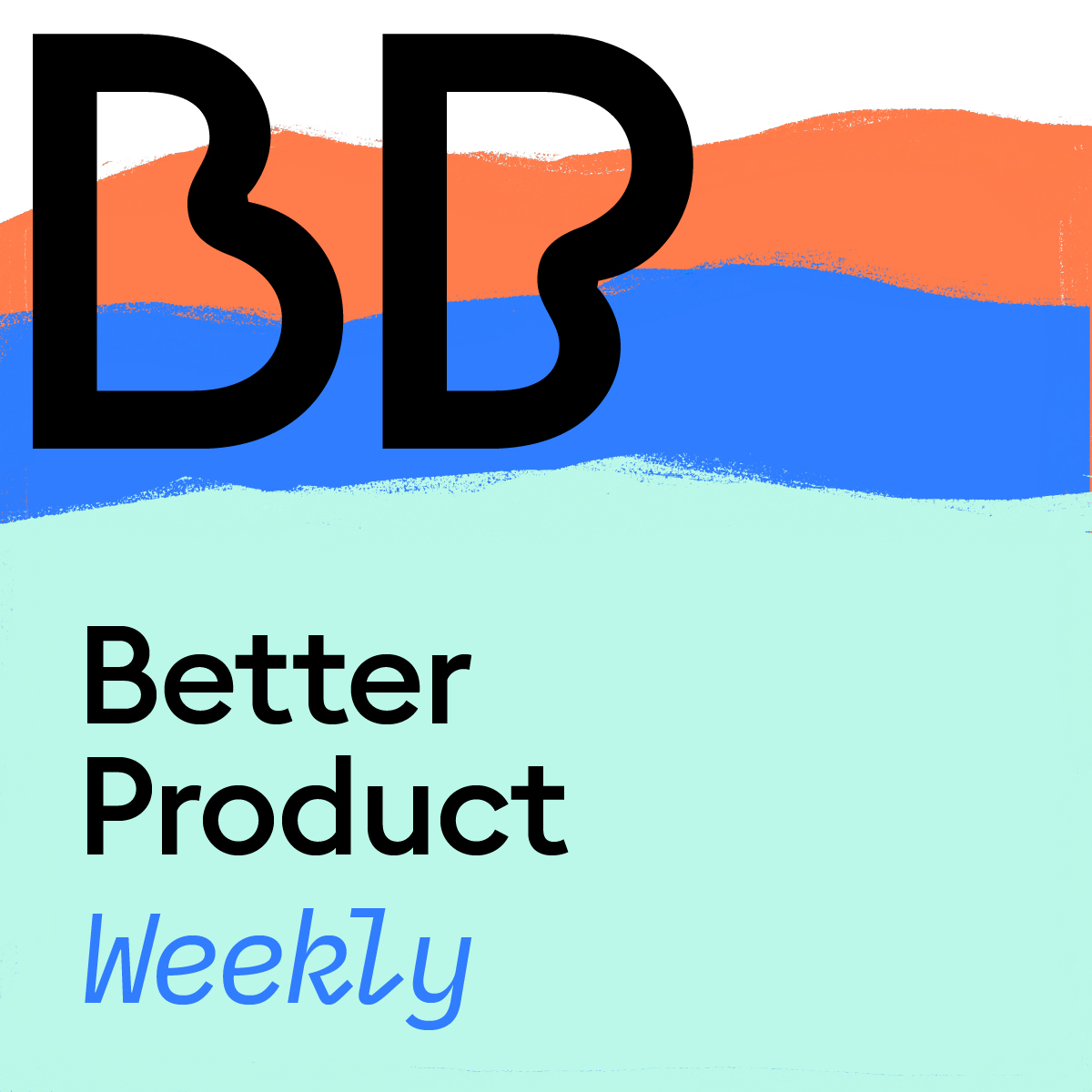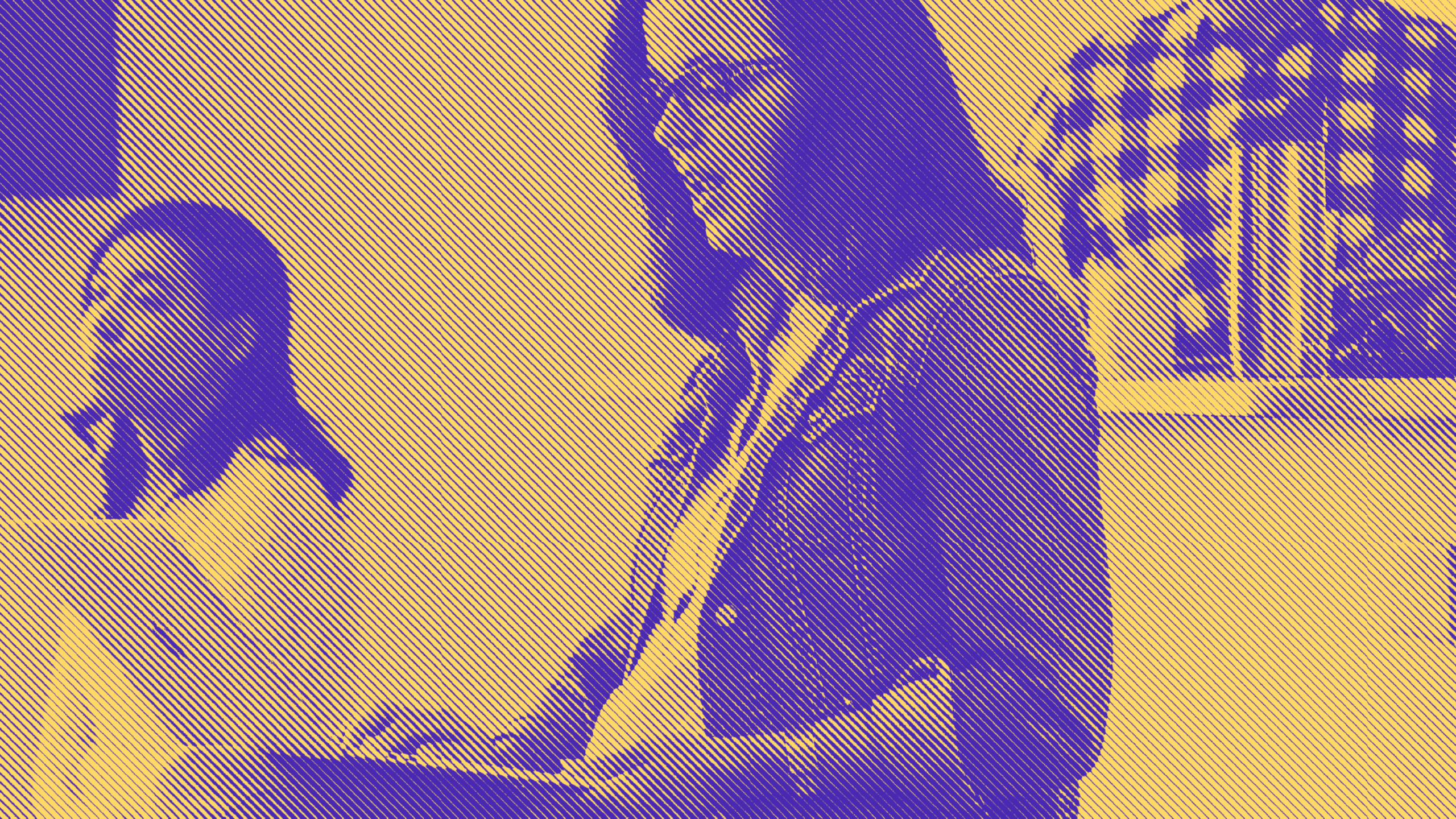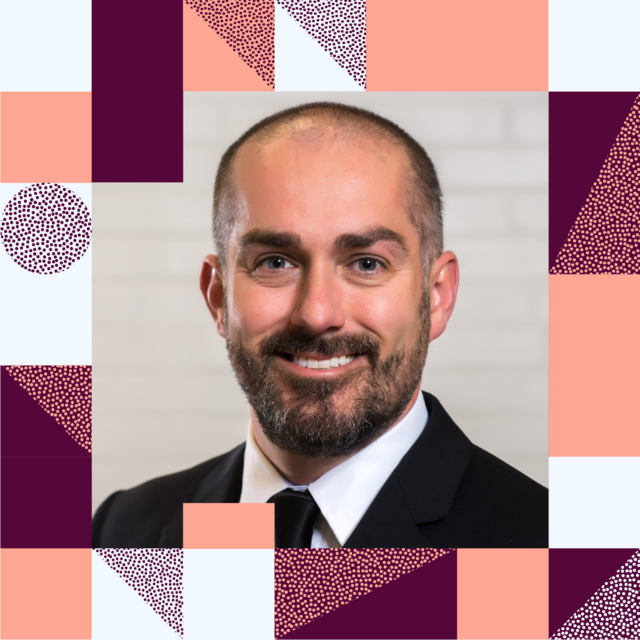
Better Product Weekly: How Early Stage Companies are Handling the Current Climate with Darrian Mikell

Early-stage startups are wondering, “What are other people doing during these times?” To help answer this question, Better Product Weekly is joined by Darrian Mikell, CEO and co-founder of Qualifi.
Qualifi is a remote interview solution. He shares with Christian and Anna how they’ve had to change their marketing messaging while adhering to, “the duty to reach out and provide value.”
While he’s still at an early stage the traction they gained is not slowing down during the present circumstances. Listen and be encouraged as Darrian shares how they’re balancing messaging and innovation while keeping a positive look towards the future.
After you listen to this episode, we invite you to join us for a virtual panel around some of the topics discussed.
Register now to hear from three product leaders about the strategies they’ve used to adapt their product strategies in this time of uncertainty. Register here: https://www.eventbrite.com/e/adapting-your-product-to-handle-uncertainty-tickets-101335477140



